Bed bug bites guide: Symptoms, treatments, and prevention strategies
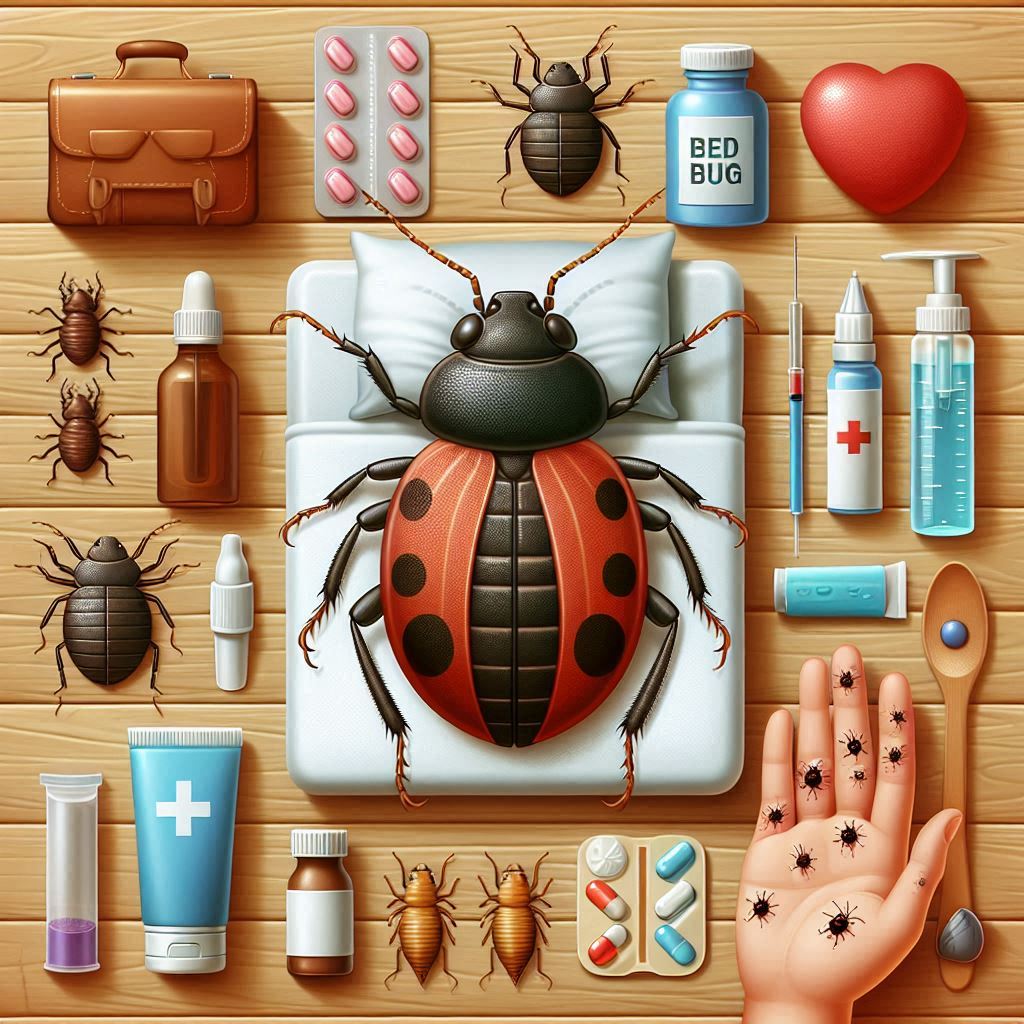
Bed bug bites are an uncomfortable and often distressing experience. These tiny parasitic insects feed on human blood, usually at night, resulting in itchy, red welts that can cause significant discomfort. Understanding what bed bug bites look like, effective treatment options, and prevention strategies is crucial for anyone dealing with an infestation or looking to avoid one.
- What Do Bed Bug Bites Look Like?
- How Can You Treat Bed Bug Bites Effectively?
- How Can You Prevent a Bed Bug Infestation?
- What Are the Symptoms of Bed Bug Bites?
- How Long Do Bed Bug Bites Last?
- What Are the Risks Associated with Bed Bug Bites?
- Where Do Bed Bugs Hide in Your Home?
- Related Questions on Bed Bug Bite Management
What Do Bed Bug Bites Look Like?
Identifying bed bug bites is the first step in addressing the issue. Unlike mosquito bites that tend to be randomly placed, bed bug bites are more orderly, often appearing in a straight line or small clusters on exposed skin. The bites themselves are small, raised, and red, with a darker red spot in the middle where the bed bug has pierced the skin.
It's essential to be aware that bed bug bites can resemble other insect bites, which is why confirming their appearance is critical. Sometimes, a pattern known as "breakfast, lunch, and dinner" is noticeable, indicating the sequential feeding habits of these pests.
While pictures can give you a general idea, seeing a health professional may be necessary for an accurate diagnosis, particularly if you experience severe reactions.
How Can You Treat Bed Bug Bites Effectively?
Once you've identified bed bug bites, treatment focuses on relieving the itching and preventing infection. Over-the-counter topical antihistamines and hydrocortisone creams are often recommended to reduce inflammation and itchiness. In cases of severe allergic reactions, it may be necessary to seek prescription medications from a healthcare professional.
Home remedies, such as a cold compress or a baking soda and water paste, can provide temporary relief. Keeping the affected area clean and avoiding scratching are vital to prevent secondary infections.

If over-the-counter treatment options do not alleviate symptoms, it's advisable to consult a doctor, who may prescribe stronger medication.
How Can You Prevent a Bed Bug Infestation?
Preventing bed bugs starts with vigilance, especially when traveling or purchasing second-hand furniture. Regularly inspecting your living areas and reducing clutter limit hiding places for bed bugs. Using protective covers for mattresses and pillows can also serve as a barrier.
When traveling, always inspect hotel rooms for signs of bed bugs and keep luggage off the floor. Upon returning home, wash all clothing in hot water and vacuum suitcases.
Professional pest control services are often necessary to eradicate an infestation, as bed bugs are notoriously resilient to many pesticides.
What Are the Symptoms of Bed Bug Bites?
Symptoms of bed bug bites include itchiness, redness, and swelling around the bite area. Some individuals may develop severe allergic reactions resulting in larger welts or hives. Unlike mosquito bites, these symptoms can sometimes take days to develop, making it difficult to identify the source of the bites immediately.
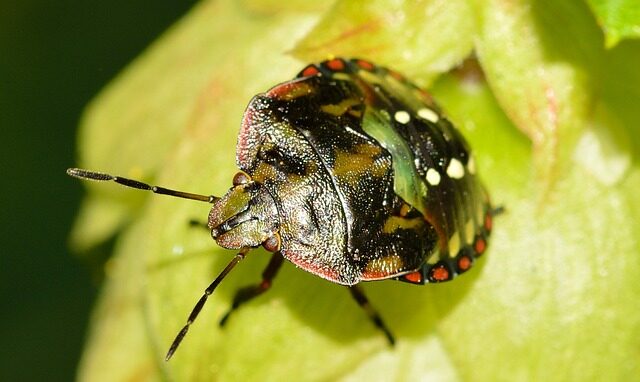
Itching can lead to excessive scratching, which increases the risk of secondary skin infections. Monitoring for symptoms and seeking treatment promptly can mitigate these risks.
How Long Do Bed Bug Bites Last?
The duration of symptoms from bed bug bites varies from person to person. Generally, bites may last from a few days to two weeks. However, the length of time can be influenced by an individual's response to the bites and whether they develop an allergic reaction.
Appropriate treatment can help reduce the duration of symptoms. If bites appear to be persisting or worsening, it's important to seek medical advice.
What Are the Risks Associated with Bed Bug Bites?
While bed bug bites themselves are not known to transmit diseases, the primary risks stem from the potential for allergic reactions and secondary skin infections due to scratching. Some individuals may experience intense reactions requiring medical attention.
Aside from the physical effects, the psychological impact of bed bug bites can be significant, leading to stress, anxiety, and sleep disturbances.
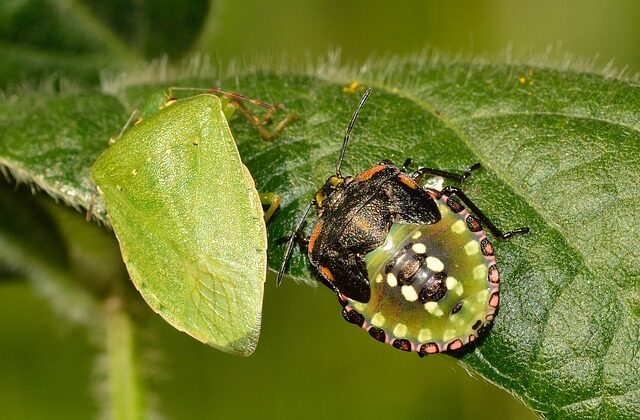
Where Do Bed Bugs Hide in Your Home?
Finding where bed bugs hide is crucial for effective prevention and eradication. These insects are experts at concealing themselves in small cracks and crevices, often within proximity to sleeping areas. Common hiding spots include mattress seams, bed frames, behind baseboards, and in furniture joints.
Regular inspections can help detect early signs of an infestation, such as rust-colored stains on bedding, shed skins, and small white eggs.
How Do You Treat and Prevent Bed Bug Bites?
Treatment involves topical creams and antihistamines to alleviate itching. Prevention focuses on maintaining cleanliness, reducing clutter, and regular inspections. For persistent or extensive infestations, professional extermination services may be necessary.
Preventative measures like encasing mattresses and thorough vacuuming can also help prevent bites by reducing bed bug populations in your home.
Can I Put Anything on My Skin to Stop Bed Bug Bites?
While no topical solutions can guarantee prevention, using insect repellent on exposed skin could potentially deter bed bugs. Maintaining skin hygiene and using protective bedding can minimize the risk of bites.
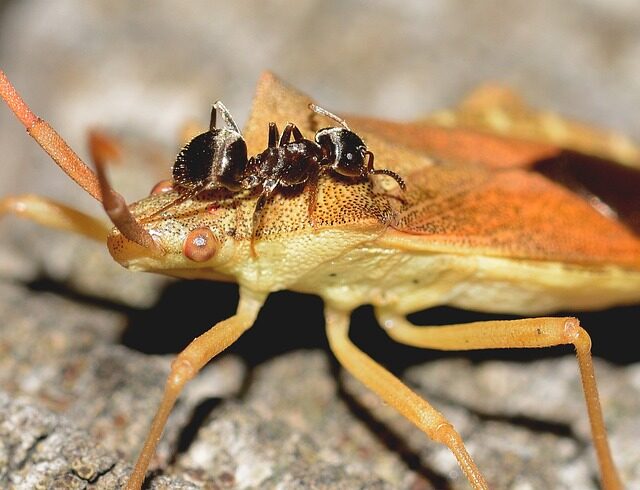
It's important to address the root cause of the problem by eliminating the infestation to stop bites effectively.
What Repels Bed Bugs from Biting?
Certain essential oils have been cited as potential repellents, though evidence on their effectiveness is limited. Professional pest control is the most reliable method to prevent bites by eradicating the infestation.
Regularly washing bedding at high temperatures and using bed bug-proof encasements can also reduce the chances of being bitten.
How Do You Prevent Bed Bug Bite Scars?
Preventing scars from bed bug bites involves resisting the urge to scratch and treating the bites with appropriate care. Using soothing lotions and antihistamines can help manage itchiness and inflammation.
If scarring does occur, treatments such as topical scar creams or silicone gel sheets may help reduce their appearance.
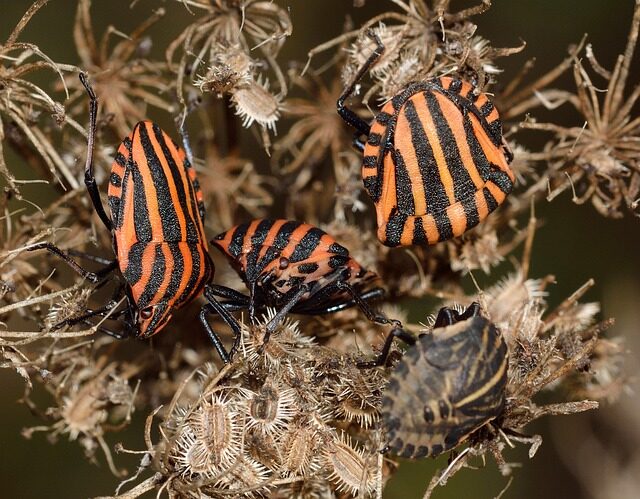
For a visual understanding of bed bug bites, prevention, and treatment, check out this informative video:

Leave a Reply